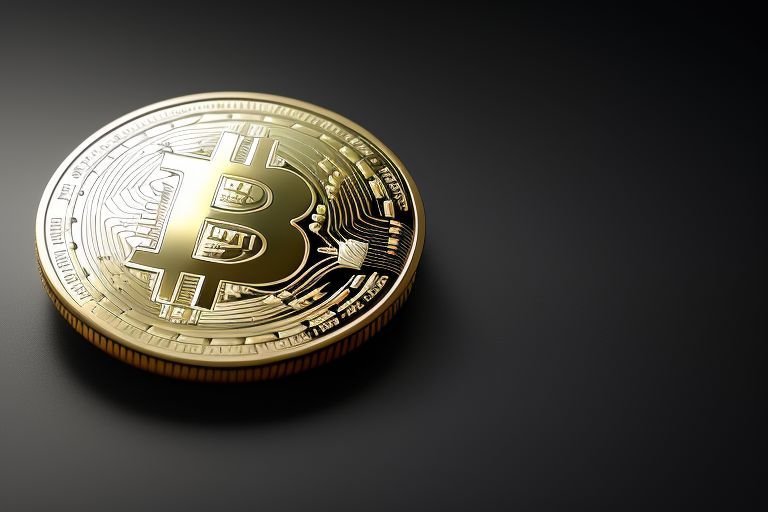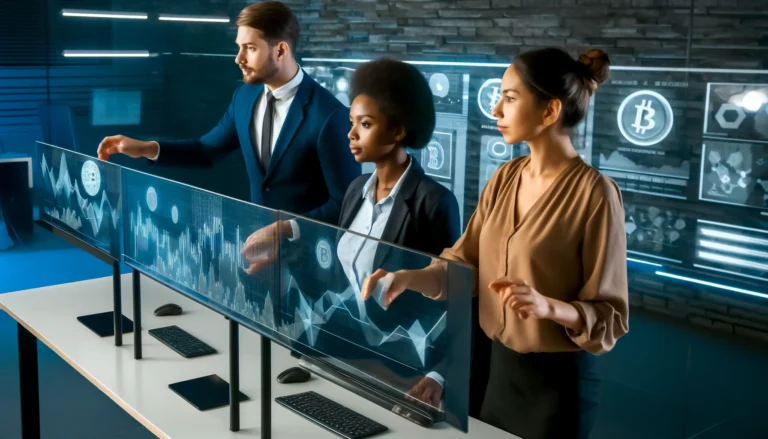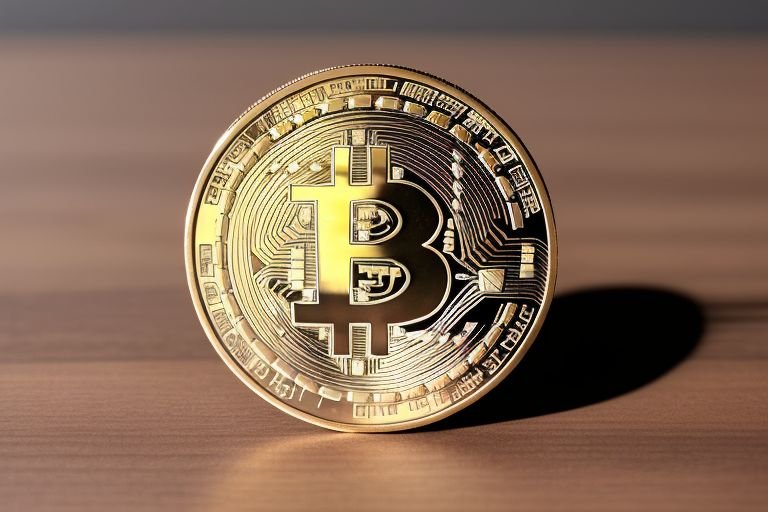The concept of the metaverse has been a fixture of science fiction for decades, but in recent years, it has started to become a reality. As technology has advanced, the boundaries between the physical and digital worlds have blurred, paving the way for the creation of immersive virtual environments that are poised to radically transform the way we live, work, and interact.
At the heart of this metaverse revolution are virtual reality (VR) and augmented reality (AR) technologies, which are becoming increasingly accessible and sophisticated. Consumers can now don VR headsets and step into fully-realized digital realms, where they can socialize, collaborate, and even engage in recreational activities. Meanwhile, AR apps are overlaying digital content onto the physical world, enhancing our everyday experiences and offering a glimpse of the seamless integration between the real and virtual.
The potential applications of the metaverse are vast and far-reaching. In the realm of work, remote teams are using VR to hold virtual meetings, collaborate on projects, and even host training sessions in immersive, shared environments. This not only saves on travel and office costs but also fosters a greater sense of connection and engagement among distributed workforces. Additionally, the metaverse is transforming the way we approach education, allowing students to explore virtual learning spaces, interact with digital simulations, and even attend classes in virtual reality.
But the implications of the metaverse go beyond just work and education. The gaming industry has been at the forefront of metaverse development, creating richly detailed virtual worlds where players can socialize, compete, and even buy and sell virtual goods. And as the technology continues to evolve, we can expect to see the metaverse integrated into our everyday lives, from virtual shopping experiences to immersive entertainment and social platforms.
Of course, the rise of the metaverse is not without its challenges. Issues around data privacy, cybersecurity, and the potential for addiction and social isolation are just a few of the concerns that policymakers and tech leaders are grappling with. There are also questions about the long-term impact of the metaverse on our physical and mental well-being, as well as the potential for exacerbating existing inequalities if access to this technology is not equitable.
Despite these challenges, the momentum behind the metaverse revolution is undeniable. As more people embrace the possibilities of virtual and augmented reality, and as the underlying technologies continue to improve, the metaverse is poised to become a central part of our lives, transforming the way we work, play, and connect with one another. The future is virtual, and it’s arriving sooner than you might think.























+ There are no comments
Add yours